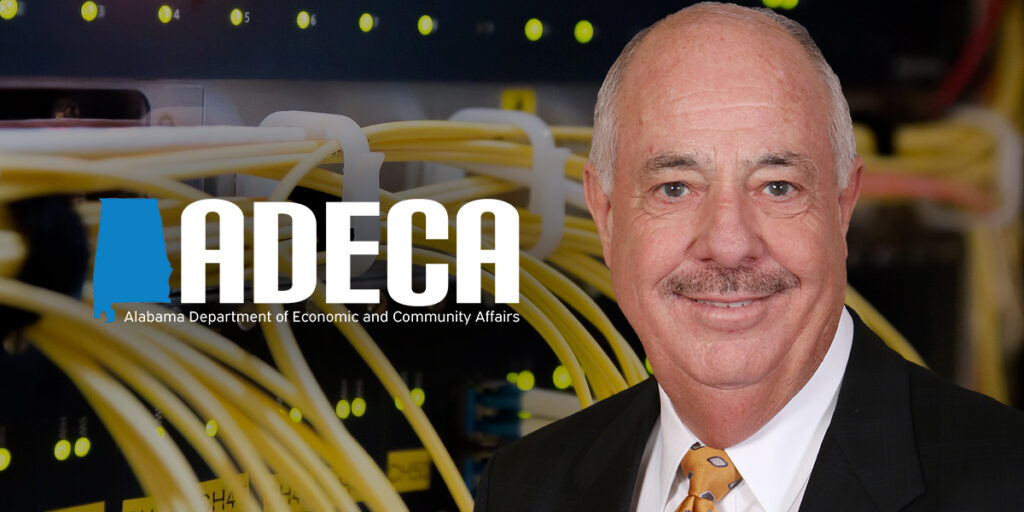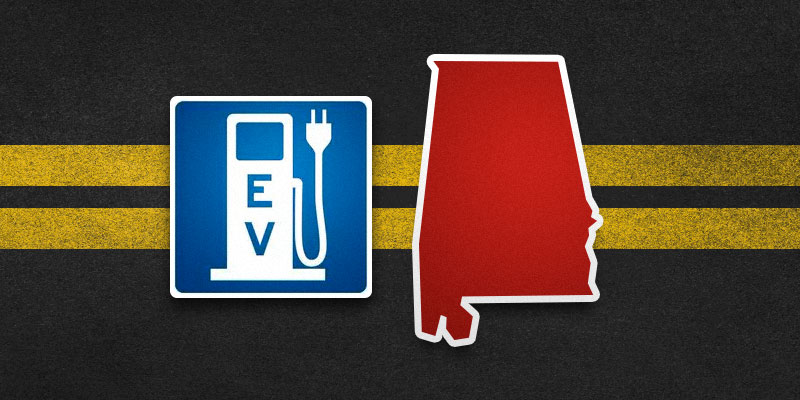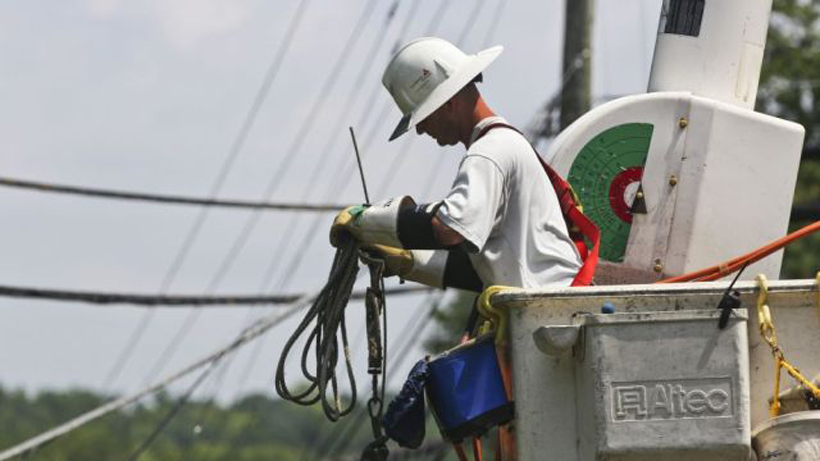Slow load times on web pages caused by the lack of broadband internet access unfortunately remains a fact of life for many Alabamians, especially in rural areas.
An uncomfortable truth is the height of the COVID-19 pandemic exposed the gaps in our state’s broadband infrastructure. State leaders understand high-speed internet access has become essential to daily life, as many schools embrace virtual learning, adults opt to work from home, and telemedicine gains traction.
The current Legislative Session has already seen approval of $277 million from the American Rescue Plan Act to expand broadband connectivity, and this is one of many steps in the right direction. While $277 million is a welcome and wise investment, it’s worth noting current cost estimates project it will take at least $4 billion, and perhaps as much as $6 billion, to provide every Alabamian with high-speed broadband.
The use of ARPA funds shows state leaders’ understanding of the importance of broadband expansion. In 2018, the Alabama Rural Broadband Coalition was created – a diverse group of organizations ranging from agriculture to economic development, education and health care – to find policy solutions.
And last year, the Legislature passed the “Connect Alabama Act,” which created the Alabama Digital Expansion Authority to oversee broadband expansion, establish the Alabama Digital Expansion Division within the Alabama Department of Economic and Community Affairs (ADECA), develop a statewide connectivity plan, and to start Alabama Digital Expansion Finance Corporation to help fund broadband projects.
Even more recently, ADECA released a map of the state’s underserved areas when it comes to broadband internet. This map shows the holes in Alabama’s broadband infrastructure, as 13% of Alabama’s 1.65 million addresses are not served by any broadband providers.
Private businesses have also gotten involved, including EIA affiliate and Mississippi-based C Spire’s announcement in early 2021 to invest $500 million in Alabama over a three-year period.
Business and policy leaders have sent a clear message that broadband is a vital part of infrastructure. The lack of broadband puts rural areas at a perpetual disadvantage, especially when it comes to economic development. Businesses, manufacturers and industries simply cannot locate to areas with weak internet access.
There’s also the potential for the Legislature to distribute more broadband-related funds later this session through the Infrastructure Investment and Jobs Act. Spearheaded by Senate Majority Leader Clay Scofield, a package of proposed legislation is aimed at expanding broadband statewide.
“Our goal is to deliver high-speed internet access to every unserved and underserved community in this state,” said Scofield, who serves as chairman of the Alabama Digital Expansion Authority.
State leaders possess an opportunity to make a once-in-a-generation push towards broadband deployment and adoption.
The goal of making sure every Alabamian has access to vital broadband technology is drawing closer to becoming reality.
That’s especially good news for rural Alabama, as funding is one of the biggest hurdles to cross in the mission to bring internet to every Alabamian. Filling the gaps in broadband access is essential.
Every Alabamian deserves access to modern technology, and we hope to keep moving forward in bringing broadband to rural Alabama.
Blake Hardwich serves as executive director of the Energy Institute of Alabama, which has a mission to promote reliable, affordable and clean energy to help grow our economy, create high-paying jobs and build public support for Alabama’s energy industry.













